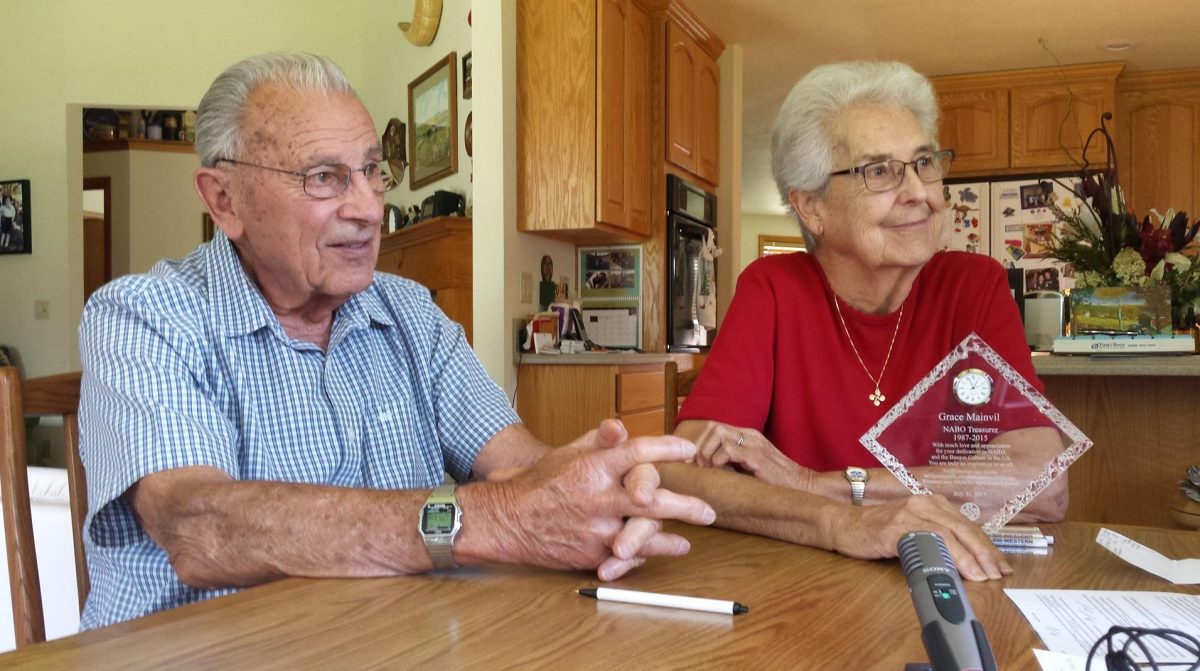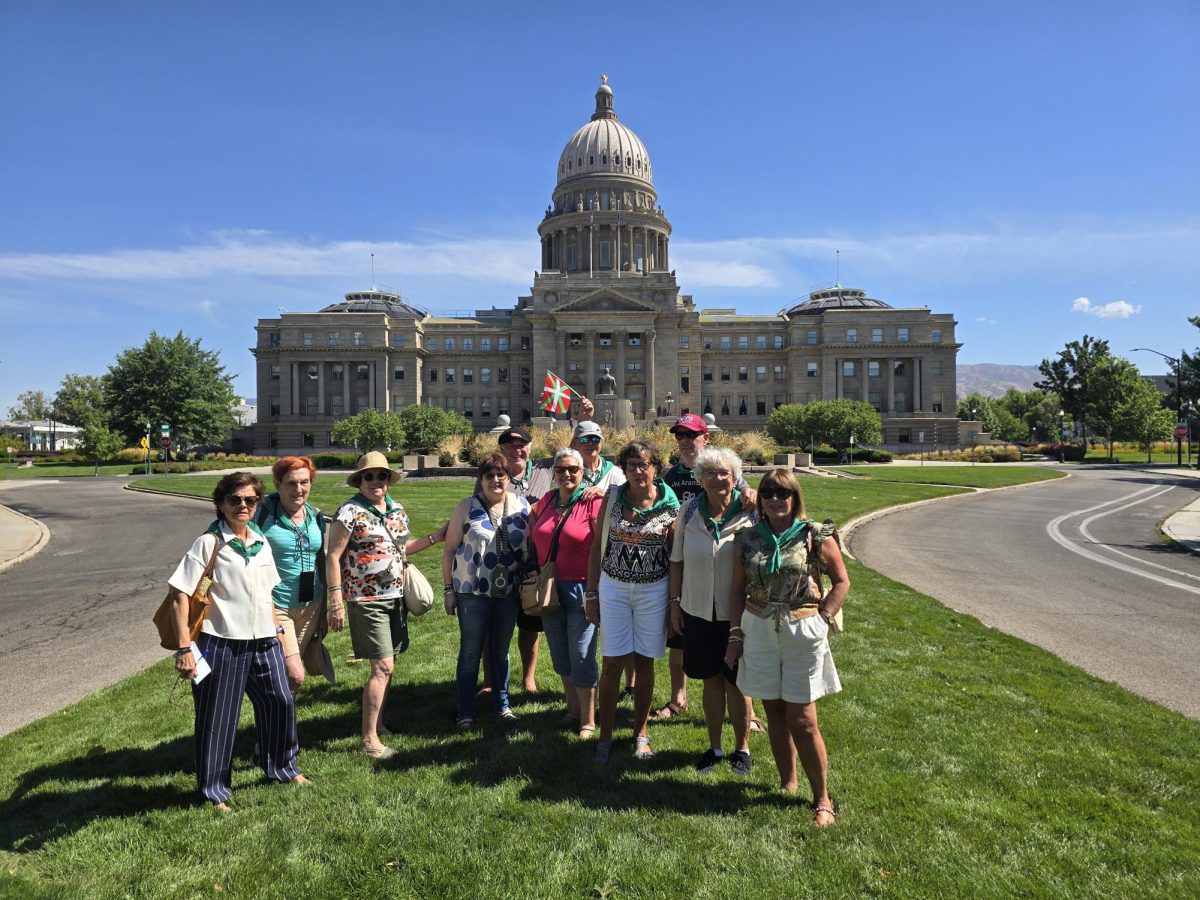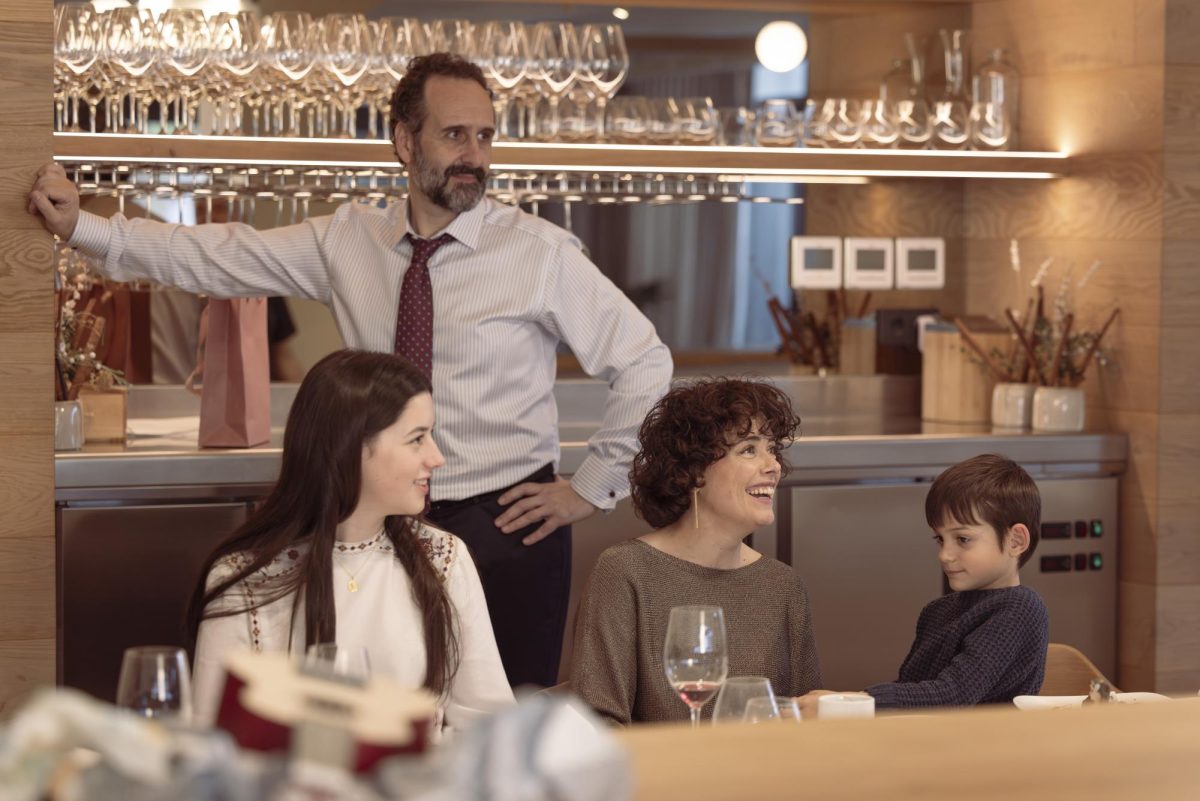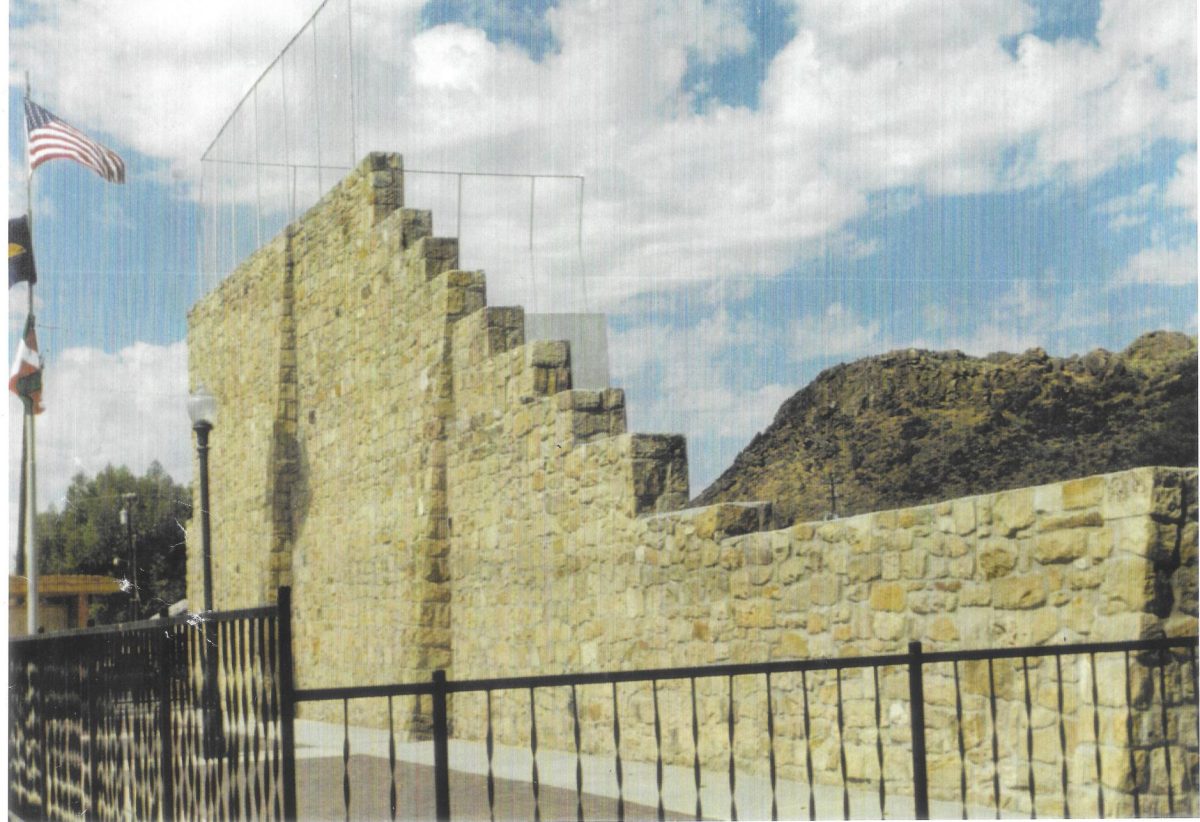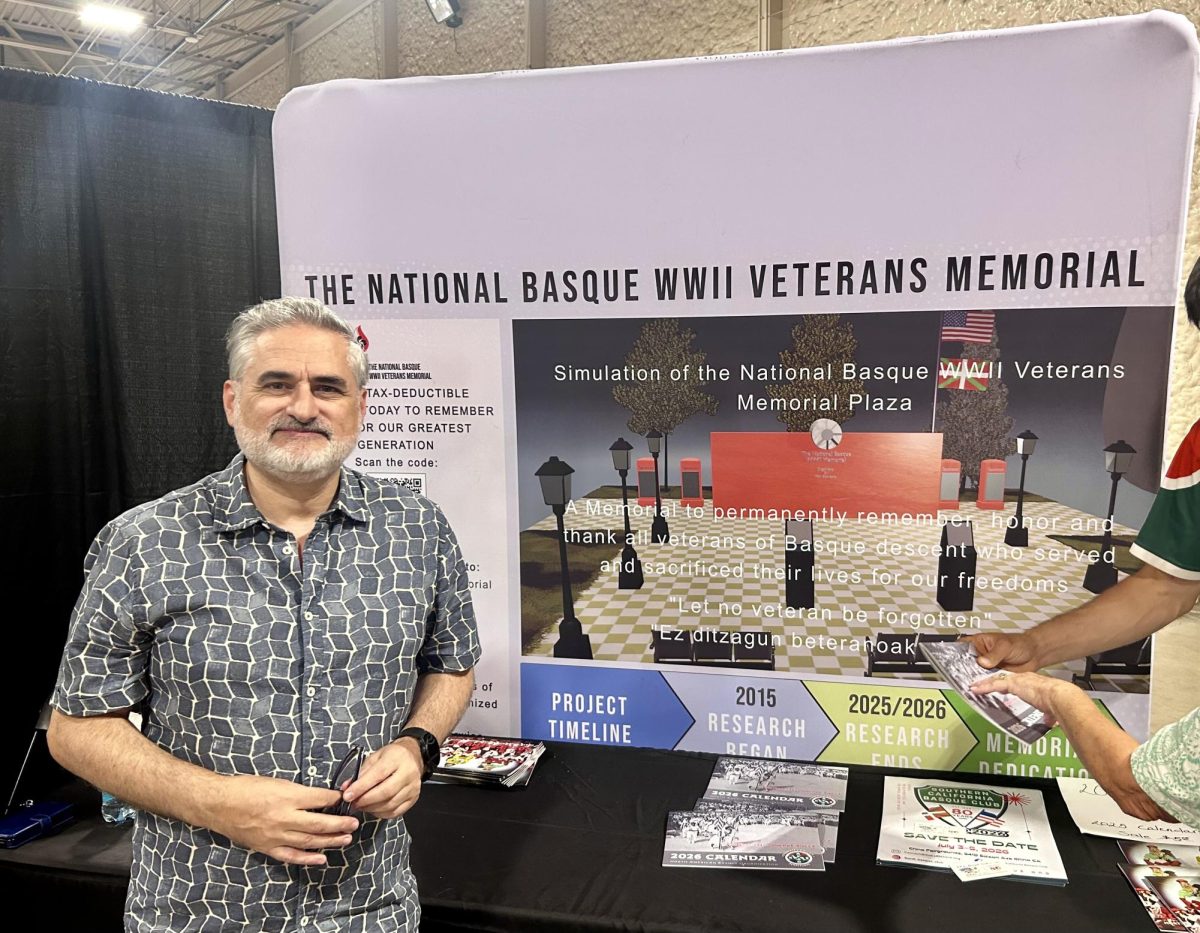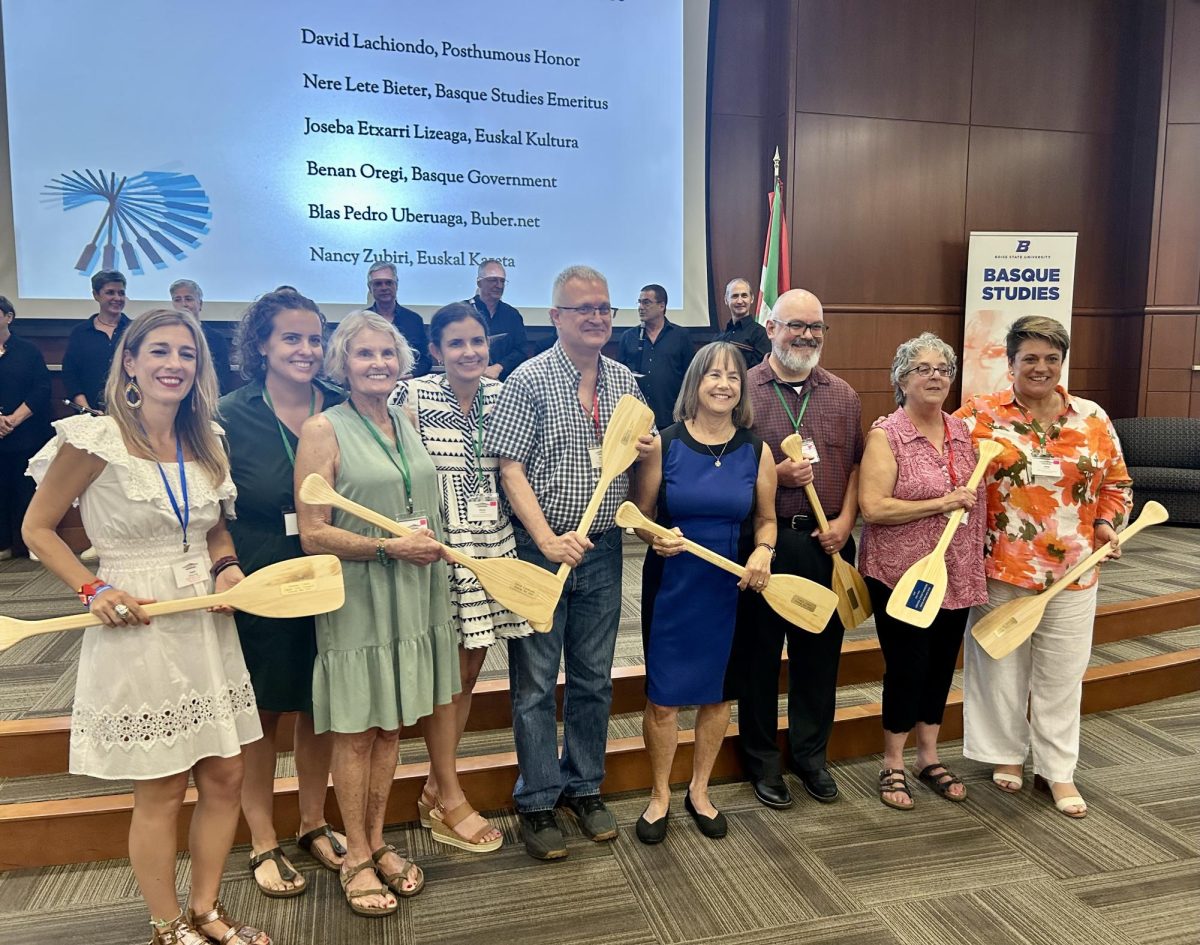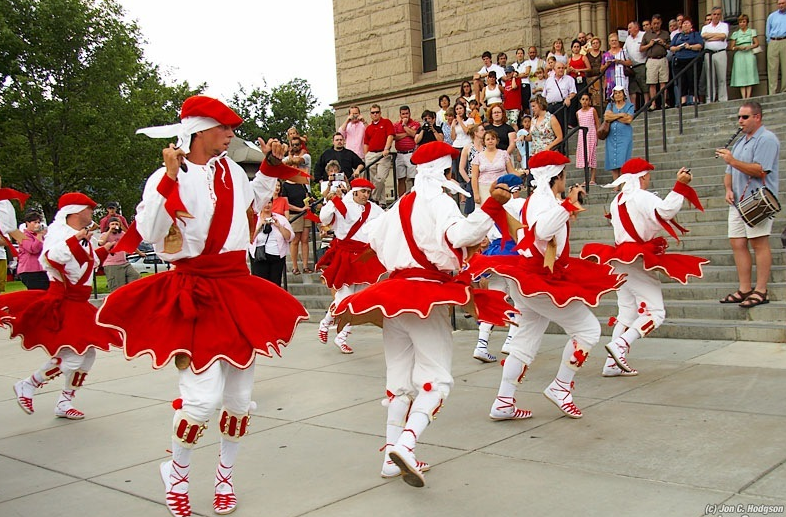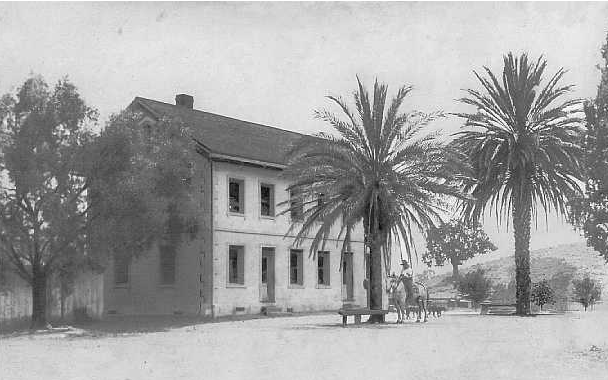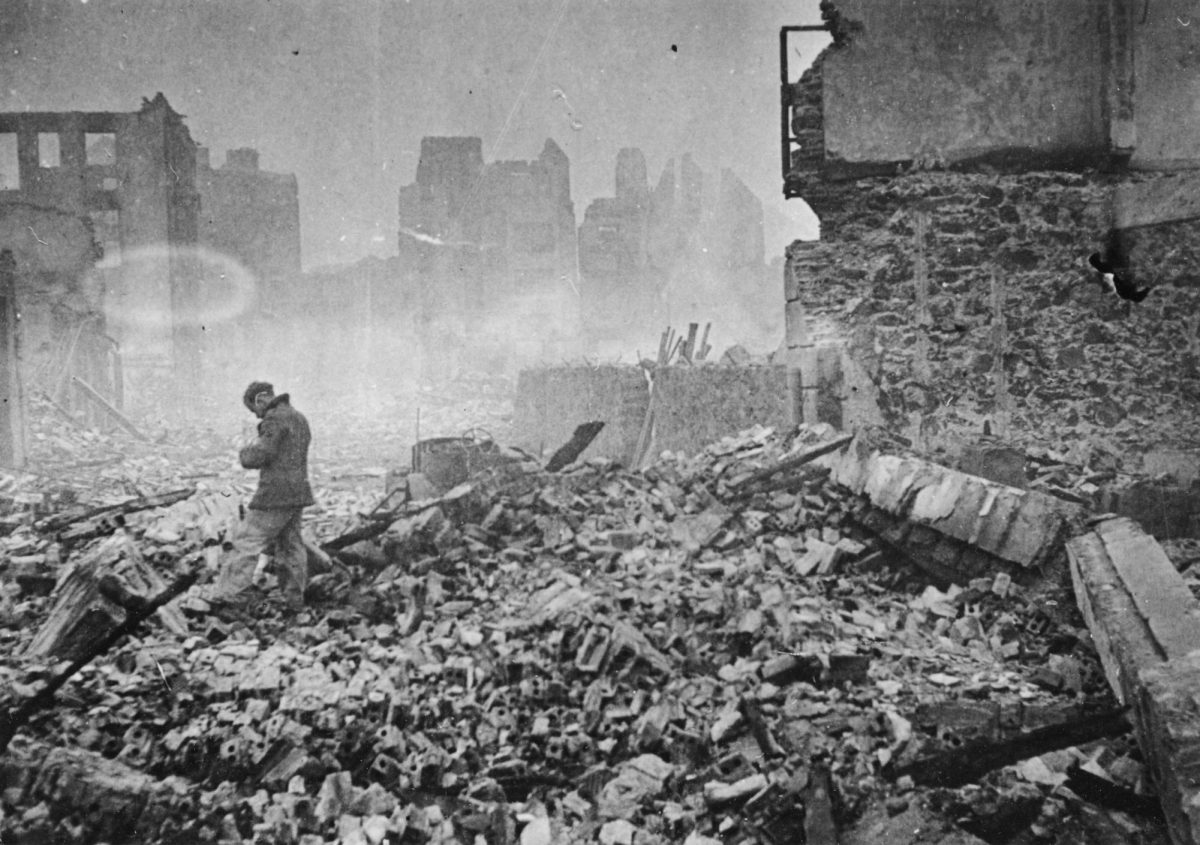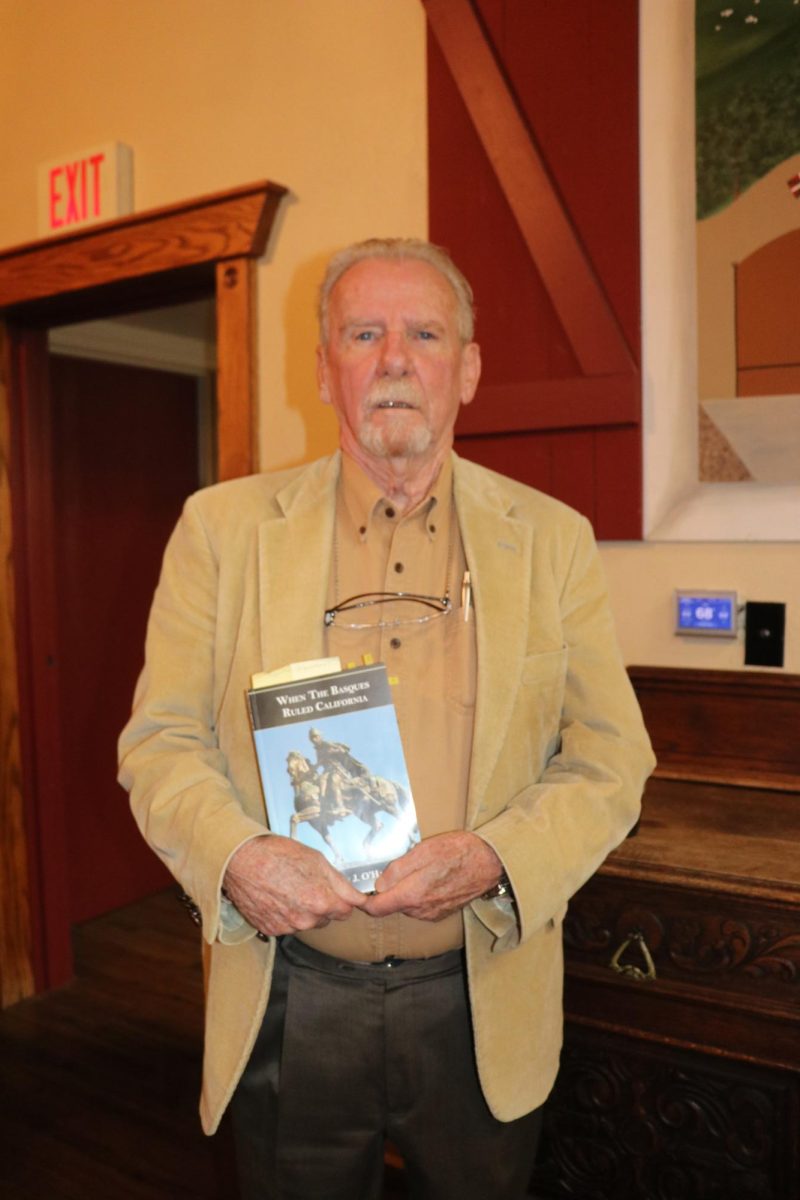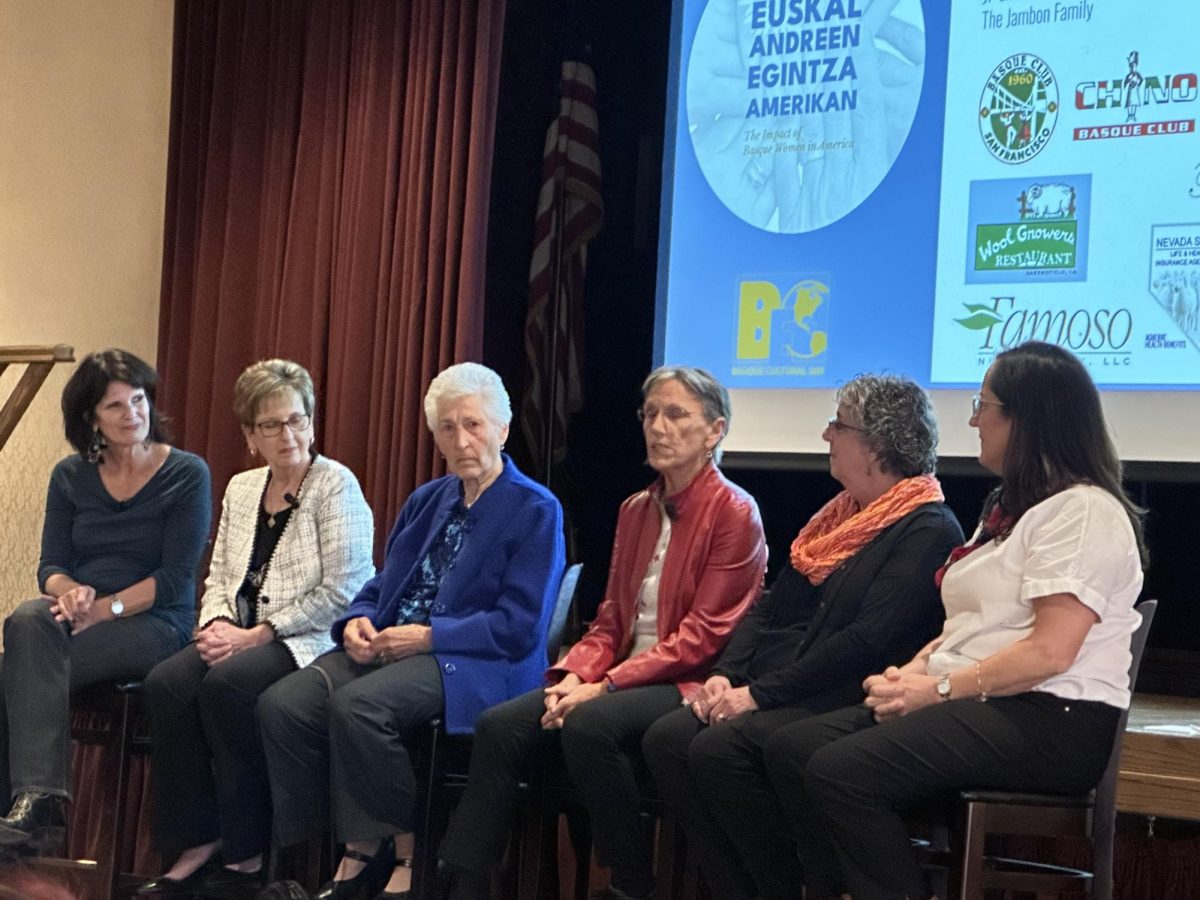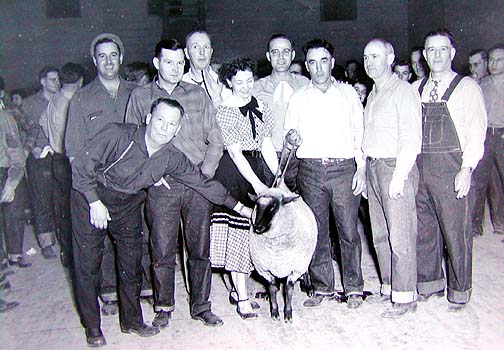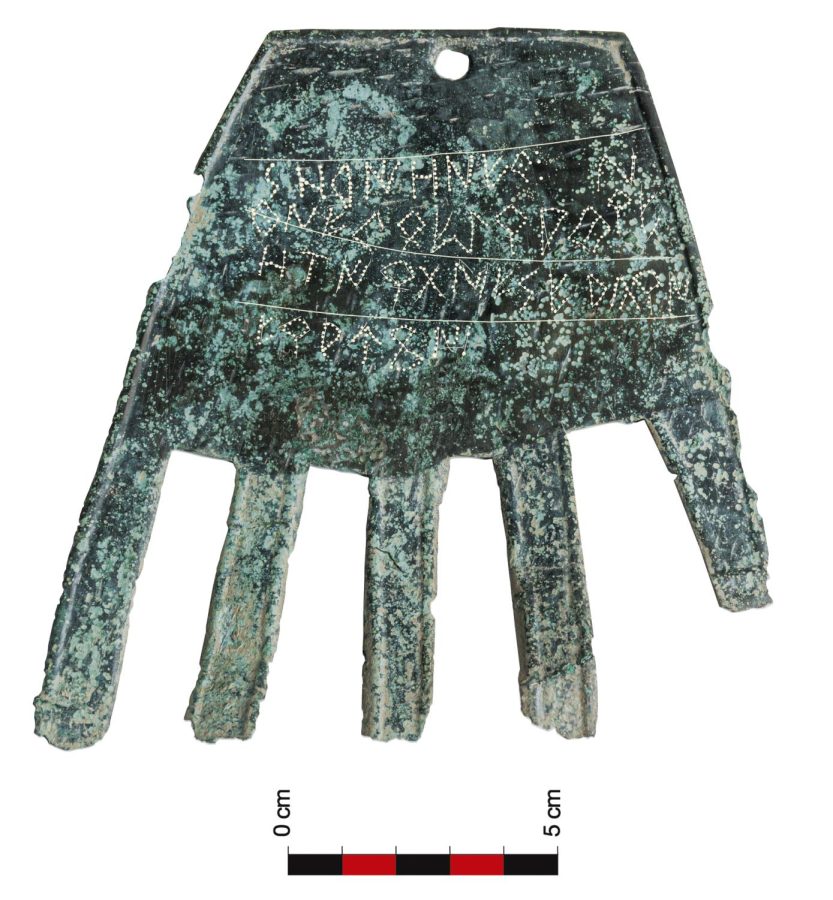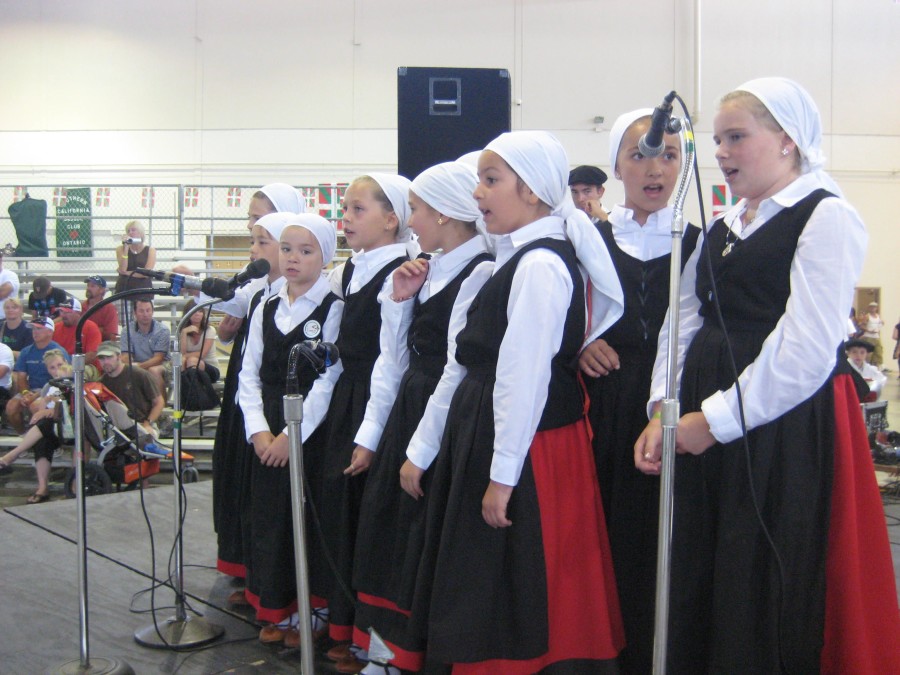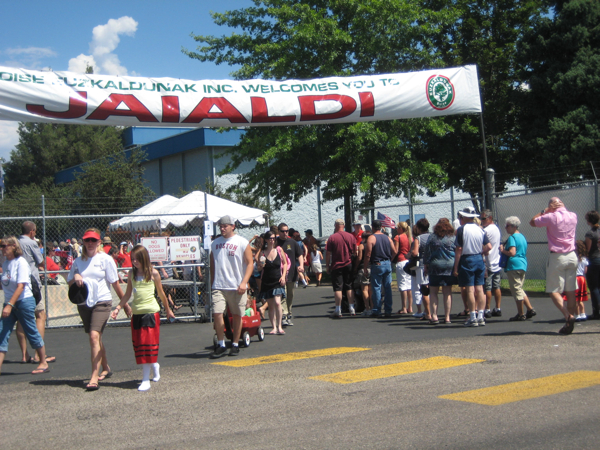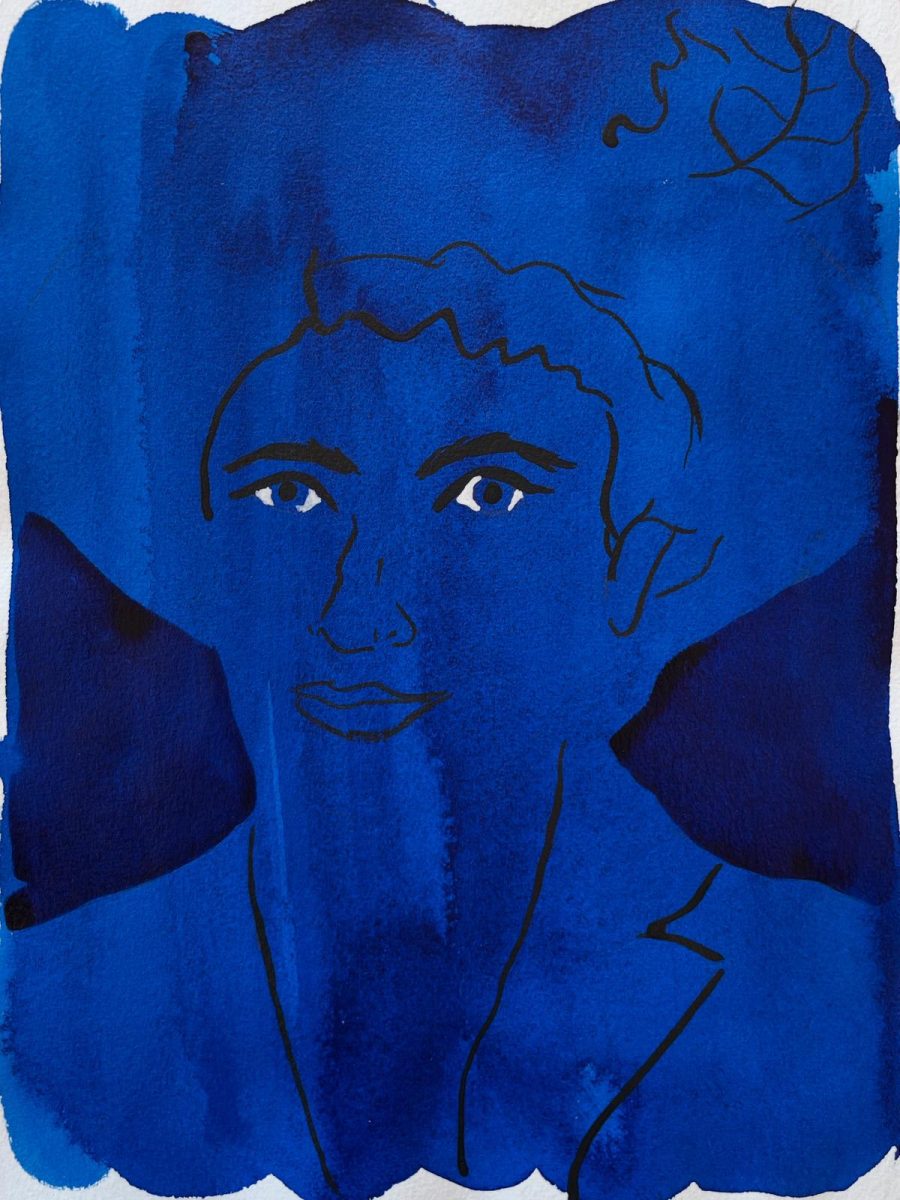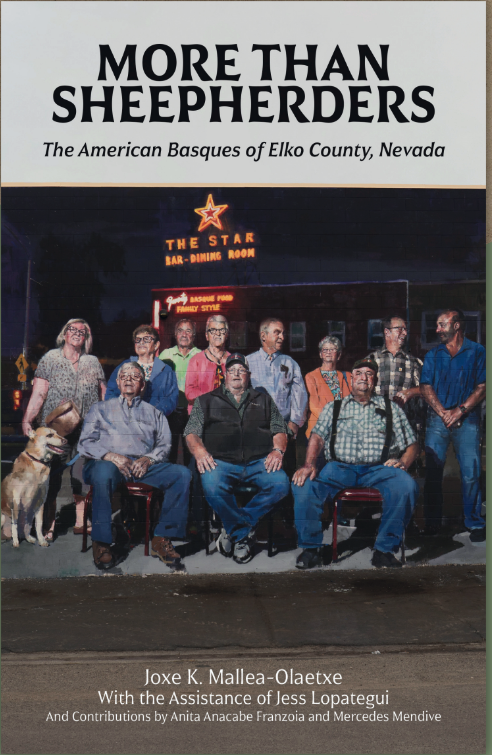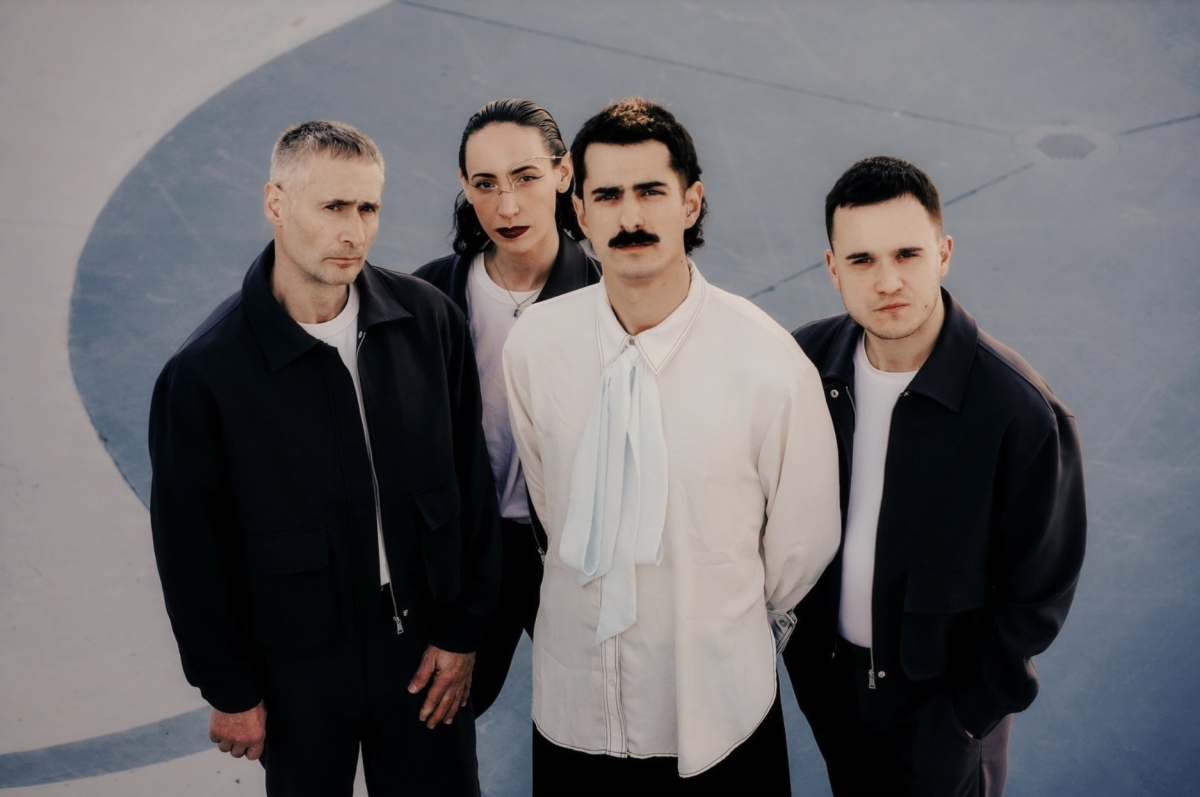Dr. Pedro Oiarzabal clearly remembers the time he was interviewing a Basque American he knew about his experiences in World War II. The man had never talked about the war, where he had lost many friends. After several hours of interviews, Oiarzabal remembers, the man “suddenly broke into tears.”
Stirring moments like that have marked the nine years Oiarzabal has been researching to find all the men and women of Basque origin in the United States who fought in World War II.
“It’s always good to talk to the veterans,” said Oiarzabal. “There’s not that many around. We’ve been lucky to interview a few of them.”
Oiarzabal is the lead researcher for the “Fighting Basques: Memory of WWII” research team, under the sponsorship of the Basque Country homeland history association, Sancho de Beurko. So far they have identified more than 1,600 WWII combatants of Basque origin who served in the U.S. Armed Forces. Oiarzabal has been working to create a permanent recognition of the WWII veterans of Basque descent who served and sacrificed their lives for freedom for the U.S.
With the support of the North American Basque Organizations, plans are underway to build a national World War II memorial in the United States to honor these veterans. Oiarzabal will kick off the fundraising campaign for the memorial Saturday, Feb. 17 at 2 p.m. at the 42nd Anniversary Celebration of the cultural center. Admission to the afternoon event is free.
The two goals of the campaign are to raise funds to complete research for the Fighting Basques: Memory of WWII and second, to build “The National Basque WWII Veterans Memorial.” The memorial is intended to serve as a long-lasting memory to all veterans of Basque origin who served in the U.S. military during WWII as well as an educational tool for the public to recognize and learn of their sacrifices and unselfish contributions to the United States.
“One of our main goals is to make visible this generation,” said Oiarzabal. The researchers have found that often “nobody knew about their deeds in their war, even their families.” Much of this is due to the fact that veterans didn’t like to talk about the war.
“They were terrible times, particularly for those who were on the front,” said Oiarzabal. “It’s never a pleasant conversation to have with your children. Others did talk about the war, but they skipped the bad parts.”
Finding the veterans has been a painstakingly slow process, Oiarzabal said in an interview with Euskal Kazeta. There is no list where these men are identified. “We actually go to the enlistment records county by county, state by state and we go name by name.” They identify Basque names, but also French and Spanish names that are well known in the Basque Country. Then they verify their Basque origins through geneological databases, baptismal records and other such documentation. Particularly in Southwestern states like Louisiana, New Mexico and Colorado, they have often found Basque names, but with Basque origins that date back 200, 300 or 400 years. They are only including people whose parents, grandparents or they themselves were born in the Basque Country.
So far, the team has done research in 46 states, in Washington D.C., and in Puerto Rico. The group has written more than 1,100 biographies of these veterans and their families. The Sancho de Beurke association launched the project in 2015.
As part of their efforts to disseminate information about the veterans, they have started a blog, Echoes of Two Wars 1939-1945 in English and Ecos de Dos Guerras in Spanish and Basque, and they promote the project on social media and through newspaper articles. The team has also been involved in special events and tributes to the veterans.
Basques began migrating to the U.S. in the late 1800s and early 1900s, along with millions of other European immigrants, mostly because of economic difficulties they experienced in their homeland, the Basque region between Spain and France.
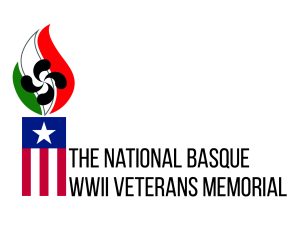 “The National Basque World War II Veterans Memorial is intended to become a place where we all can permanently remember, honor, and thank all WWII veterans of Basque descent,” said Oiarzabal. “We believe that the memorial would become a national symbol of public recognition and pride, comparable to the Basque Sheepherder Monument at Rancho San Rafael, in Reno, Nevada.”
“The National Basque World War II Veterans Memorial is intended to become a place where we all can permanently remember, honor, and thank all WWII veterans of Basque descent,” said Oiarzabal. “We believe that the memorial would become a national symbol of public recognition and pride, comparable to the Basque Sheepherder Monument at Rancho San Rafael, in Reno, Nevada.”
There are several ways to donate to the campaign, all listed at the bottom of the NABO page on the Fighting Basques project. Or you can donate to the WWII memorial directly through this page. All donations are tax-deductible through the North American Basque Organizations Education Fund and donations over $1,000 will be recognized on a donor wall.

